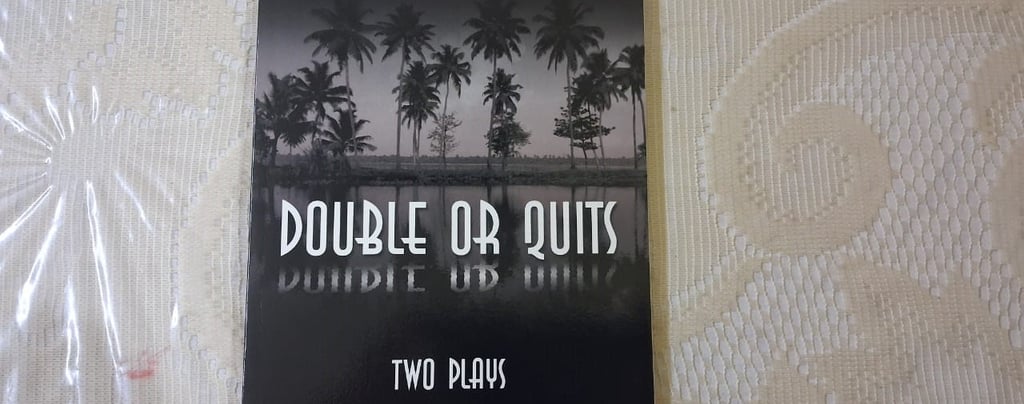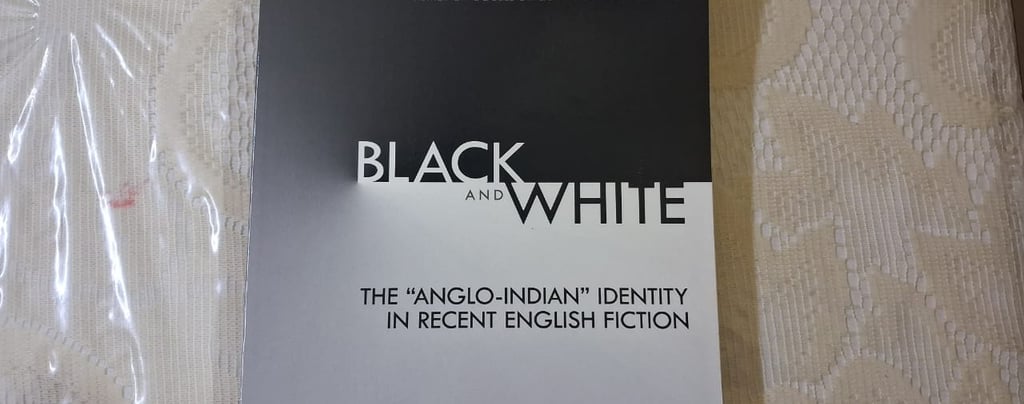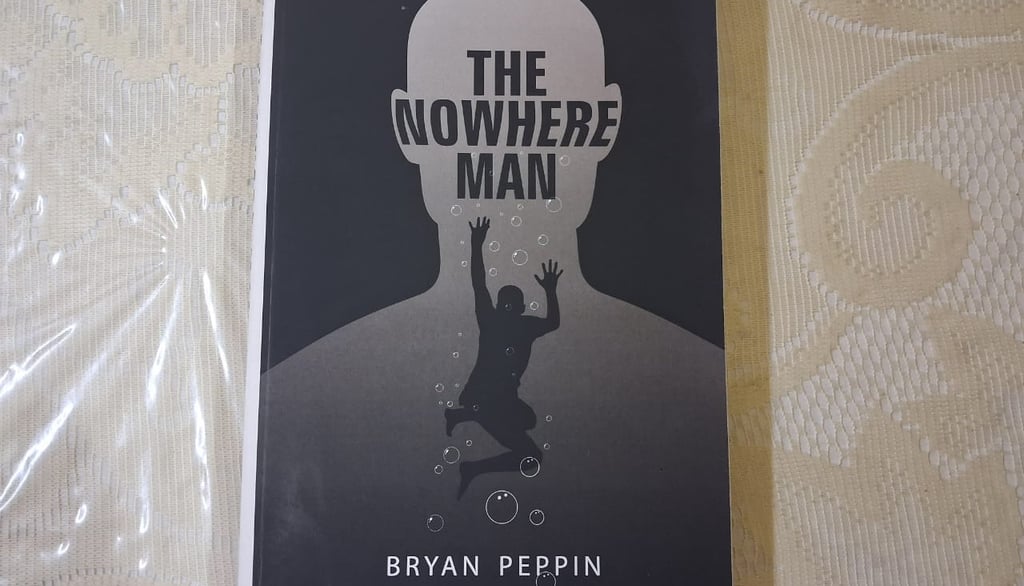A Brave New World?
AI? Or What?
11/6/20244 min read
Let me first explain: the AI I mean is none other than the miniscule, minority, much-maligned, community now identified as Anglo-Indian, of which I am a proud and privileged member. There’s nothing “Artificial” about me, and that includes my “Intelligence”, because I know what I know and always try to say what I have to say. That’s a fact, too, because I’ve been observing, living within, studying and researching, my community for a very long, long time. And I am proud to say that, for the last three decades or so, I’ve been writing about my lived experience as an Anglo-Indian, and will continue to do so because, as the old song goes: “I did it my way”.
Living the Anglo-Indian way isn’t the easiest thing to do, especially in today’s context, because my people (and I say my people with pride) have suddenly been put under a microscope because the doomsday prophets foresee for us an agonizing future, before the whole lot of us are fossilized or, better for some—including some of us—put down (under).


I have in my personal library at least half-a-dozen lexicons, including The Concise Hobson-Jobson—An Anglo-Indian Dictionary. This book, first published in 1886, then printed as a Wordsworth Edition in 1996 and finally set and reissued in 2008, is an appropriate document to explore the origin of the hyphenated word “Anglo-Indian” because it does just the opposite—that word in this book refers not to the ethnic, minority community to which I belong, but to the long-dead and gone Englishman once resident in India. That person—he could be a fortune-hunter, a John Company official, or even a BOR (check out what that means, please)—usurps the name accorded to the Community in the British Census of 1935, but passes off the Anglo-Indian as a “Eurasian”, or the euphemistically convenient “Half-caste”, thereby setting an example for later Governments to water down my community to a mere 296 mortals and then finishing us with a knock-out blow that threw the community out of Parliament and the Legislatures of many States. In earlier times such actions were known as ethnic cleansing, or purging the world of supposedly low-life scum, all in the name of entirely fictitious cultural purity. Of course, the Hobson-Jobson Anglo-Indian is known by other names, depending on the geographical area of his residence. In the Bengal region he was identified as “Qui Hii” as in “Koi Hai?”, in the Madras region as “Mull” as in Mulligatawny (soup), and in the Bombay region as “Duck”, better known as Bombay Duck, a delicacy loved by the Hobson-Jobson guys to this day. By the process of naturalization—which is akin to deliberate ignorance—these pejoratives may still be heard in the safe corridors where hoi-polloi take refuge.


I’ve never been called a “Mull”, though I am still a resident of Madras (Chennai) and Tamil Nadu. I guess every region (where Anglo-Indians have made home) has its own way of denigrating—while secretly admiring—otherness, and language plays an important part to rub that message in. In Tamil there are at least seven or eight (or more) words that may cause hurt (or more), but I guess the best way to avoid further unpleasantness is to assume ignorance and hurry away. [If you really want a list of such unsavoury words, I’ll have to do further research] It is not the fault of any language; it is the people, who use (and think) such things indiscriminately, who are to blame.
They say that the next world will be vastly different from the one we now occupy, but without a change of heart and mind, we may simply have to live in hope. I remember one of my professional colleagues referring to me as a “Red Indian”! I took no offence whatever, whatever his intentions were, happy (in my mind, at least) that I could be thought of as a descendant of the proud and original owners of the Americas.


My lifelong interest (and passion) has been the Anglo-Indian Community and even my writing reflects this. I believe that the key to understanding is to be found in the ancient Indian philosophy “Know Thyself”. Most people, including most Anglo-Indians, hardly ponder this truth. How then may we arrive at answers? In my book Black and White, I begin, categorically, by stating that: “An Anglo-Indian is a human being.” Why don’t we all start there? If we do, we must accept that the slogan “Sabka Saath, Sabka Vikas, Sabka Vishwas” is congenitally false, because 296 of us are excluded! I am not even sure if I am one individual among the 296. So where does that leave me and my perception of my India in the 20th Century? Where does that leave you, “mon ami”, “mon frere” and I’m sure, not deliberately, but just to complete the quote on my part, “hypocrite lecteur”?
As you may notice, all the Cover Pages of all my books are printed in glossy “Black and White”, another synonym for my people. Reality, dear Readers, is only skin deep. To get to the truth you have to go deeper. Are you willing to traverse that long and lonely road with me? “Think [drink] deep, or taste not that eternal Spring”, if I may strangely paraphrase the poet/critic of old.
I’ll leave you there, with more to look forward to, in the future.
